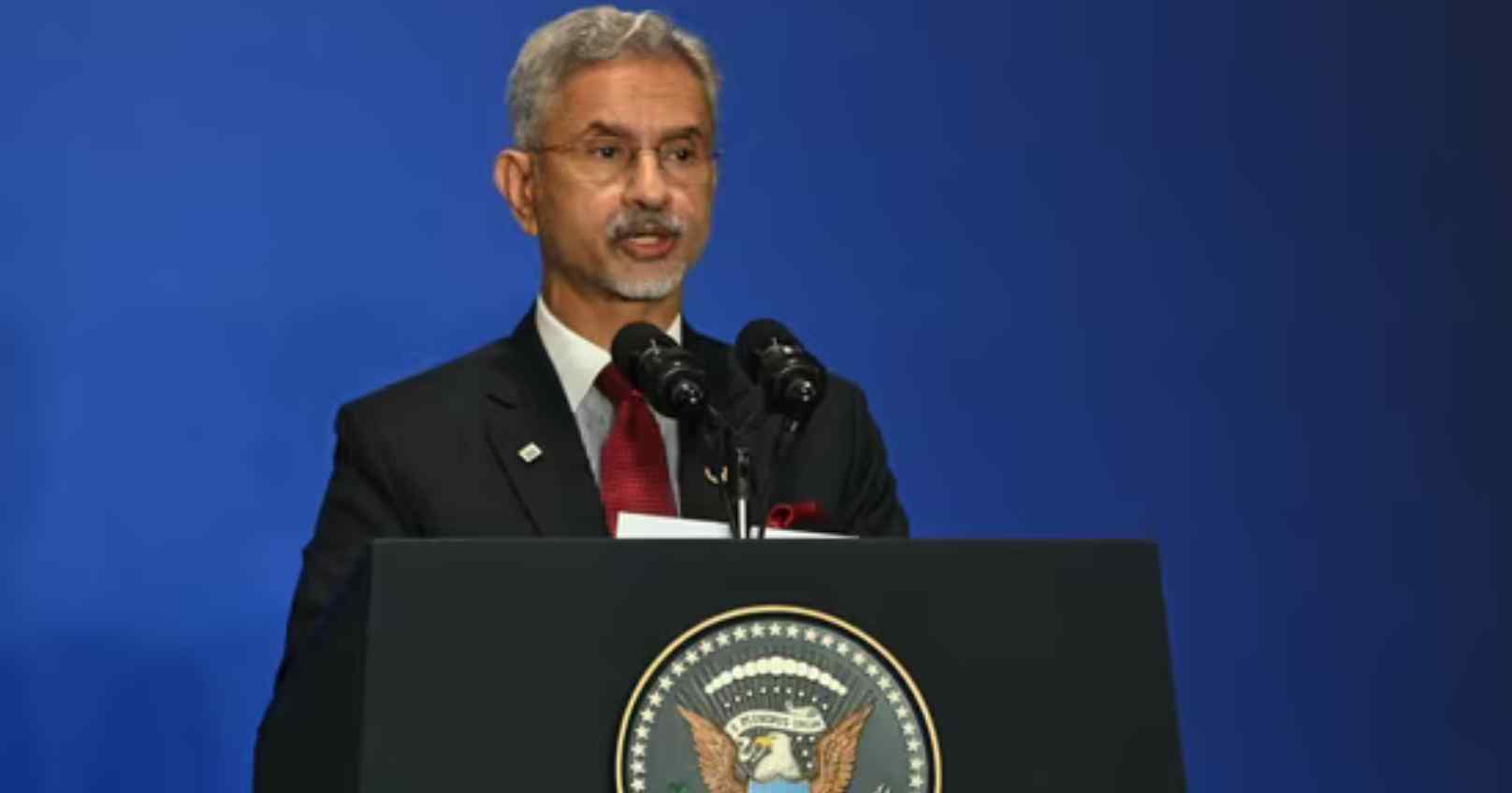External Affairs Minister S. Jaishankar addressed the ongoing border dispute between India and China during an event in New York on Tuesday. He clarified that his earlier statement about 75 percent progress in negotiations specifically referred to the disengagement of troops in eastern Ladakh.
Jaishankar remarked on India’s challenging history with China, highlighting that Beijing deployed a significant number of troops to the Line of Actual Control (LAC) in 2020, violating explicit agreements in place. “We faced a difficult situation when, in the midst of COVID, the Chinese moved large forces to the LAC. This was likely to lead to mishaps, and unfortunately, it did, resulting in clashes and casualties on both sides,” he stated at the Asia Society Policy Institute.
He further explained that while much progress has been made in terms of troop disengagement at friction points, there are still unresolved issues regarding patrolling. “When I mentioned that 75 percent of the border dispute has been resolved, it only pertains to disengagement. We still need to address certain patrolling issues, and the next step will be de-escalation,” Jaishankar added.
Relations between India and China have significantly deteriorated since the violent standoff at Galwan Valley in Ladakh in May 2020. The disengagement process commenced in February 2021, with ongoing talks aimed at resolving the border conflict.
Jaishankar emphasized the importance of the India-China relationship for the future of Asia and global multipolarity. “The India-China relationship is crucial for the future of Asia. For the world to be multipolar, Asia must also be multipolar, and thus this relationship will impact not just Asia but potentially the future of the world,” he noted.
He also highlighted India's evolving "Act East Policy," centered around ASEAN, which has matured into a broader strategic focus that includes the Indo-Pacific region.
In recent developments, National Security Advisor Ajit Doval met with Chinese Foreign Minister Wang Yi on September 13 during the BRICS meeting in St. Petersburg, where both sides agreed to expedite complete disengagement along the LAC. Last month, the two countries held the 31st round of border talks, resulting in a “frank, constructive, and forward-looking” exchange about the situation at the border. Both nations reiterated their commitment to maintaining peace and tranquillity in accordance with existing bilateral agreements and protocols.







